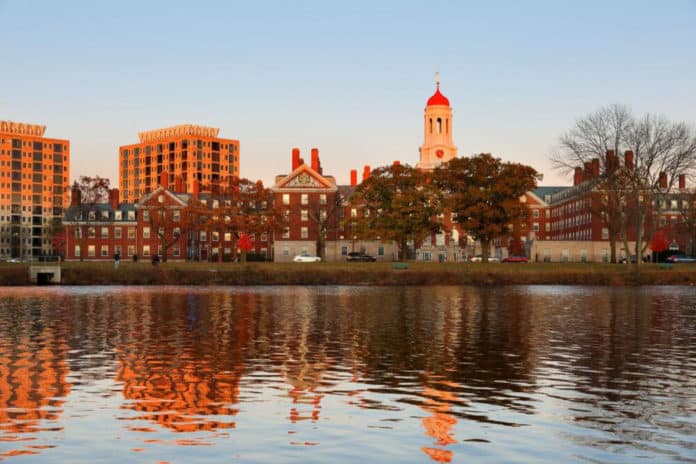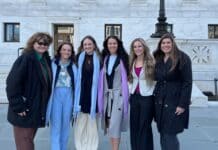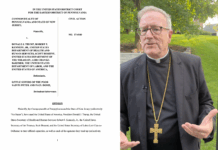(The Center Square) — The U.S. Supreme Court heard oral arguments Monday in potentially landmark cases that question whether colleges and universities’ race-based admissions policies can remain in place.
The Supreme Court ruled in 2003 that colleges may consider race in admissions to help diversify their campuses. Now, though, those policies are under fire at Harvard and University of North Carolina at Chapel Hill, the oldest private and public schools in the country, where opponents have filed suit.
UNC defended itself in oral arguments Monday, pointing out that they intentionally create diversity along a range of metrics, including admitting more veterans and rural students, not just race.
Harvard has made the point in the brief that race-based admissions policies have become common around the country.
“In recent years, surveys have reported that 41.5% of universities, and 60% of universities that admit 40% or fewer of applicants, consider race to some degree,” the school said in a legal filing.
Those policies could all be overturned depending on the breadth of the court’s ruling.
“But public schools have no legitimate interest in maintaining a precise racial balance, and they have no compelling interest in preventing minor dips in average SAT scores,” Students for Fair Admissions, a group boasting 20,000 members which has led both challenges, wrote in a court filing. “The same Fourteenth Amendment that required public schools to dismantle segregation after Brown cannot be cowed by the diktats of university administrators. If California and Michigan can maintain elite public universities without sorting applicants by race, then North Carolina can, too. This Court should grant certiorari and reverse the district court.”
The suit does not apply to all affirmative action programs on campus, only admissions.
Critics have raised concerns about race-based policies, saying they are inherently unfair and discriminatory. They also point out Asian groups are punished by the policies, not receiving the same favorable treatment as other minorities.
“We have waited a long time for this great wrong to be corrected, and I hope that this time the Supreme Court will finally do the right thing, with the first step starting today with the Harvard and University of North Carolina cases being heard,” said Mike Gonzalez, a senior fellow at the Heritage Foundation. “Racial preferences are an injustice to the people who should have been accepted to a university but were rejected to make room for an applicant who was let in because of his or her immutable characteristics.
“Racial preferences also harm the kids who are not at the same academic level as their peers because they only got in to fulfill a racial quota,” he added.
Other experts argued the government and public schools should not be allowed to discriminate, but private institutions should.
“Government should not treat people differently on the basis of race, including public universities like UNC,” said Neal McCluskey, an education expert at the Cato Institute. “But for centuries governments did treat people differently on the basis of race, especially hurting African Americans. How do you ameliorate the damage without the two wrongs of government using race again? Let private groups, like Harvard, use affirmative action if it thinks doing so is right.”
Gonzalez said affirmative action polices do not address the root causes that make the policies necessary in the first place.
“Affirmative action does not solve the problem of why members of some groups may fall behind academically,” he said. “It does not address the bad public schools, the socioeconomic situation, the family formation, or the high out-of-wedlock birthrates that hold people down. Affirmative action does not offer solutions such as school choice, but mandates by imperial fiat that a certain percentage of a classroom be filled with X category.”











